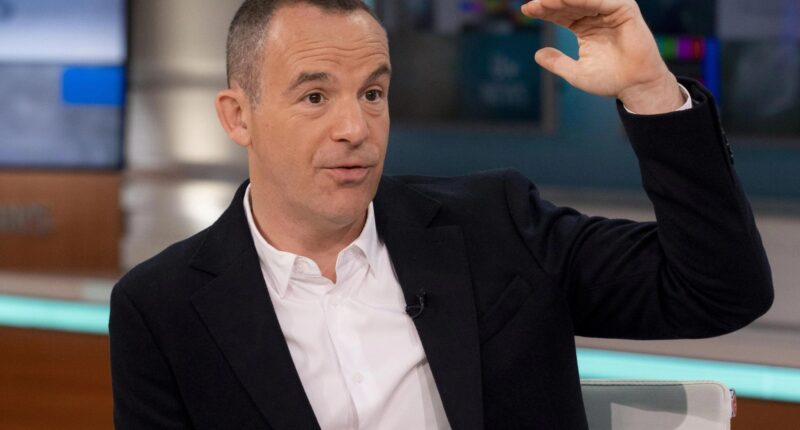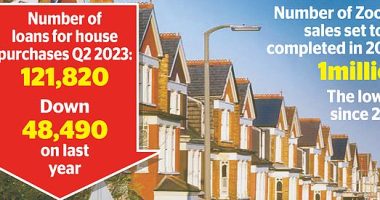
What does it mean for credit card and loan rates?
The cost of borrowing through loans, credit cards and overdrafts will go up too, as banks are likely to pass on the increased rate.
After consecutive rate rises by the BoE, interest rates on credit cards and personal loans already hit a record high in December, according to Moneyfacts.
Many big lenders – like Lloyds, MBNA, Halifax and Barclaycard – link their credit card rates directly to the Bank of England base rate.
That means their credit card rates will hike automatically in line with any changes to interest rates – but you’ll be given notice before this happens.
You can check the terms and conditions of your credit card to see if the rate can go up when the base rate does.
Certain loans you already have like a personal loan or car financing will usually stay the same, as you’ve already agreed on the rate.
But rates for any future loan could be higher, and lenders could increase the rate on credit cards and overdrafts – although they must let you know beforehand.
You can cancel a credit card if you want and will have 60 days to pay off any outstanding balance.









